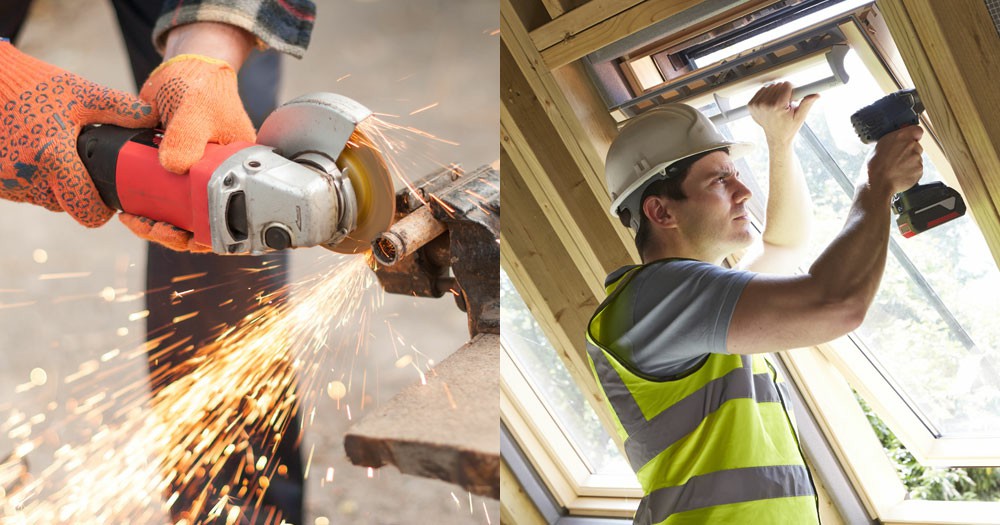


 349,500 Offered Certificates
349,500 Offered Certificates
 24/7 Online Training
24/7 Online Training
 Money Back Guarantee
Money Back Guarantee
 Fully Accredited Courses
Fully Accredited Courses

Created at: 22-02-2025 22:19
Abrasive wheels are powerful tools used across various industries for cutting, grinding, and shaping materials. However, their effectiveness comes with risks if not handled properly. In cities like Dublin, Cork, Galway, Limerick, and Waterford, improper usage can lead to severe accidents, injuries, and even fatalities. This post examines the most common mistakes workers make while using abrasive wheels and highlights how proper training can significantly reduce these risks.
Abrasive wheels consist of a bonded abrasive material that can operate at high speeds, making them crucial for finishing materials or cutting through tough substances. Some common applications include:
Despite their usefulness, abrasive wheels can pose a danger if employees are not trained appropriately. Let’s explore the common mistakes that lead to hazardous situations.
One of the most significant errors is using the wrong abrasive wheel for the designated task. For example, utilizing a wheel designed for metal cutting to grind wood can result in excessive friction and unexpected breakage, leading to injuries.
Additionally, not adhering to the manufacturer's specifications regarding spindle speed can cause wheels to shatter, posing severe risks to the operator and nearby personnel.
Failing to conduct a thorough risk assessment before operations is a critical error. Every workplace should evaluate potential hazards, including:
For instance, a lack of proper lighting in a workspace can hinder visibility while operating abrasive wheels, increasing the risk of mishandling.
Failure to wear appropriate PPE can lead to severe injuries. Workers should always use:
For example, an operator in Cork suffered from eye injuries after ignoring PPE protocols. Proper training could have ensured compliance with safety measures.
Many accidents arise from workers disregarding established safety procedures, such as not performing pre-use inspections. Workers may neglect to check for:
A situation in Galway highlighted this mistake when a worker experienced a severe injury due to operating a damaged abrasive wheel. Regular checks could have identified the defect, preventing the accident.
Perhaps one of the most crucial factors is inadequate training. Without comprehensive instruction, workers may not understand the equipment's hazards or the necessary handling techniques. Training programs can include:
Instituting events such as the Abrasive Wheels Course in cities like Dublin and Cork can significantly lower error rates and enhance safety.
Training is paramount in mitigating the risks associated with abrasive wheels. Benefits of certified training programs include:
Enrolling in an Abrasive Wheels Certification Ireland course can provide employees with the necessary qualifications to operate machinery competently and safely.
To ensure safety when using abrasive wheels, follow these best practices:
Implementing these practices can create a safer working environment, preventing accidents and injuries in cities like Limerick, Waterford, and beyond.
Addressing the most common mistakes associated with abrasive wheel handling requires a commitment to training and safety. By enrolling in certified programs, companies in Dublin, Cork, Galway, Limerick, Waterford, and other cities across Ireland can not only protect their workers but also improve productivity and operational efficiency. Don't wait for an accident to occur; prioritize safety by investing in Certified Abrasive Wheels Training today!
For more information about our courses or to find the right training for your team, contact us at [email protected].